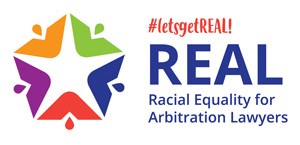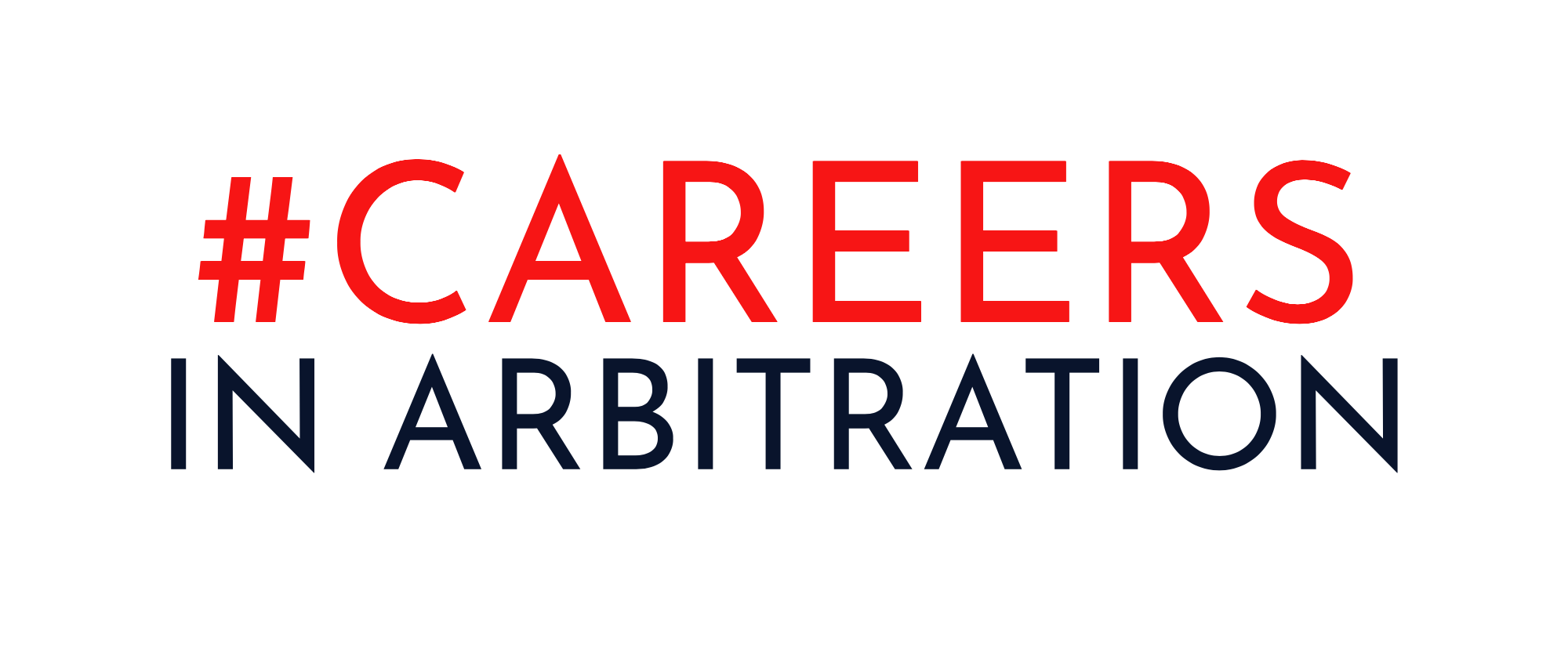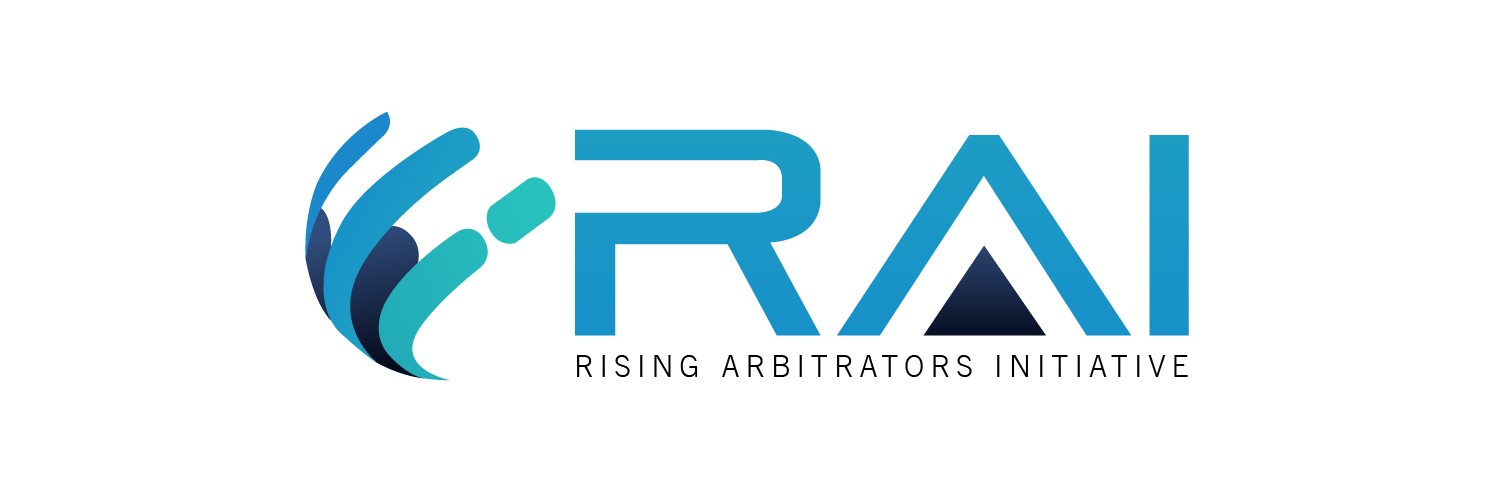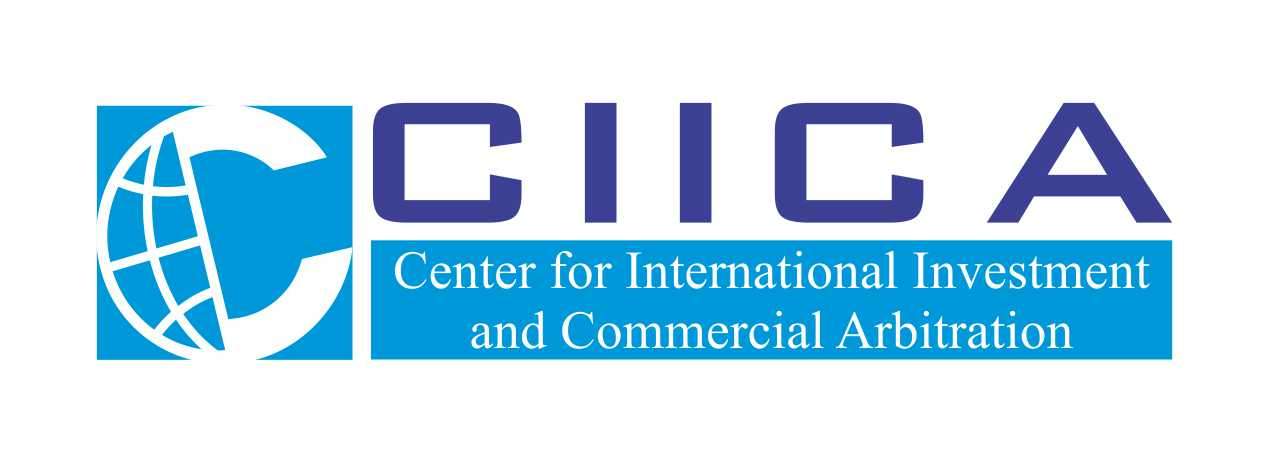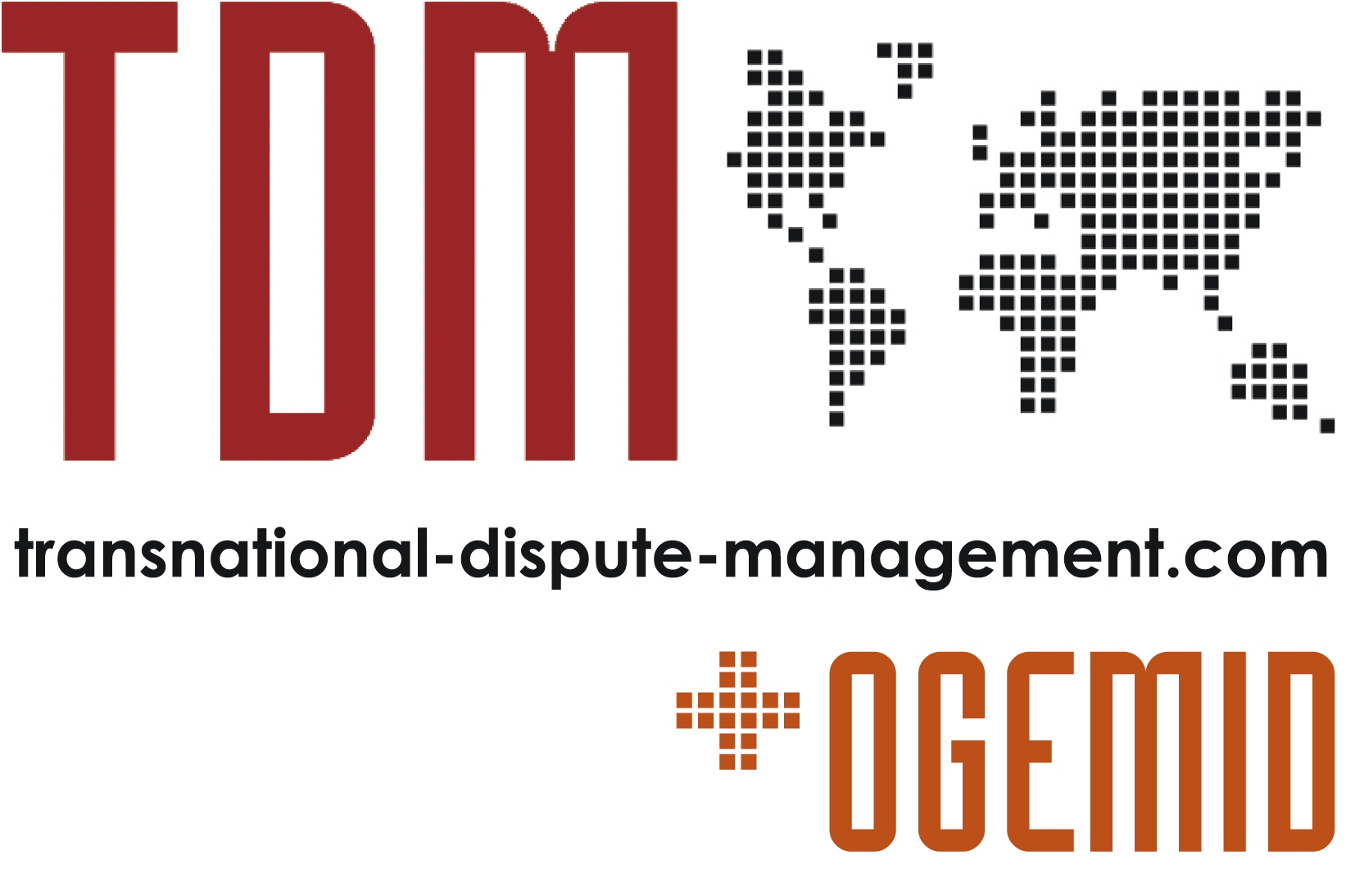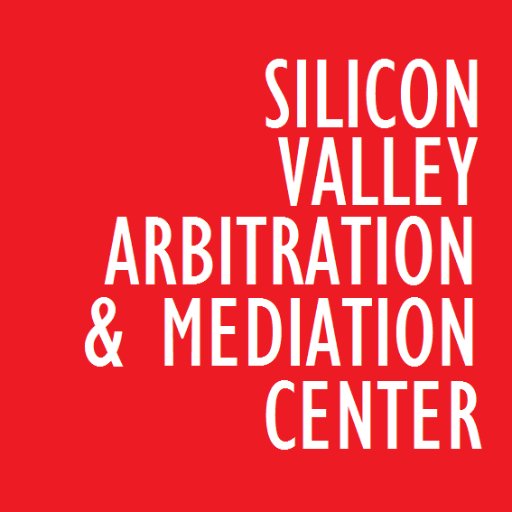DIVERSITY
Diversity matters, as May Tai, Professor Pierre Tercier and Hafez Virjee explain below. Delos is mindful of diversity in every aspect of its work, notably through the use and promotion of the Delos Arbitrator Database; and Delos is a proud signatory of the ERA Pledge, which addresses the under-representation of women in arbitration including on arbitral tribunals, and a supporting organisation of REAL, which strives to achieve racial equality for arbitration lawyers.
Click here for surveys and related analysis of diversity in international arbitration, and here for entries on 'Diversity & Inclusion' in the "In conversation with Neil" webinar series. Watch here the recording of the launch event for Delos's diversity initiative, and explore here the ARBinBRIEF video series, which was nominated for the GAR ERA Pledge Award 2022.
The commitment to diversity in international arbitration is shared by the following organisations. To join as a supporting organisation, please write to diversity@delosdr.org indicating your commitment to encouraging relevant members of your organisation and community to register to appear in and use the Delos Arbitrator Database as part of promoting diversity in international arbitration.
DIVERSITY IN INTERNATIONAL ARBITRATION MATTERS
‘Diversity’ is “the condition of having or being composed of differing elements”, [1] for example gender, location, age, culture and ethnicity. In the arbitration community, arbitrators and counsel are not as diverse as end users. [2]
There are considerable benefits of diversity for international arbitration: [3] enhanced legitimacy, public trust and long-term sustainability; better suited expertise and understanding of the background and context of the parties and the dispute; [4] higher quality awards. [5] A broader pool of potential arbitrators may also limit the risk of conflicts of interest.
With the rise of cross-border litigation and mediation, ‘diversity’ matters in arbitration in the same way that ‘efficiency’ matters [6] because it helps make a positive case for choosing international arbitration above and beyond purely its technical features [7] and the lack of available alternatives. [8]
Diversity matters. We believe this strongly. We are delighted to have worked with Delos Dispute Resolution [9] and Herbert Smith Freehills [10] [11] to create the Delos Arbitrator Database with the aim of improving diversity through access to information. [12]
The Delos Arbitrator Database is free to use, and any arbitrator or aspiring arbitrator can register and appear in it for free.
Arbitrators, including aspiring arbitrators, can enter as much information as they would like, including their gender, age, nationality, location, and cultural and ethnic background, alongside their experience as counsel and arbitrator, language skills, and regional, industry or other specialist expertise. [13]
As well as assisting Delos to make diverse appointments, the database provides parties and counsel, and other arbitral institutions with a straightforward tool to put together lists of arbitrator candidates. The database further helps new counsel entrants in the international arbitration market gain access to valuable information about potential arbitrator candidates, thereby supporting diversity amongst legal counsel. The database can also be used to identify and promote diverse conference speakers and publication contributors.
We invite you to register your arbitrator profile in the database, and to encourage arbitrators around you – whether they are aspiring or experienced – to do so too. Spread the word, use the database, and share your feedback with us.
#diversitymatters #internationalarbitration #activatingarbitration #access #informationispower
May TAI, Professor Pierre TERCIER, Hafez VIRJEE
22 February 2022
.
.
NOTES
[1] Merriam-Webster dictionary.
[2] Susan D. Franck, James Freda, Kellen Lavin, Tobias A. Lehmann, Anne van Aaken, The Diversity Challenge: Exploring the "Invisible College" of International Arbitration, 53 Colum. J. Transnat’l L. 429 (2015) (“Frank”), at 430, 503; Queen Mary University of London and White & Case, 2021 International Arbitration Survey: Adapting arbitration to a changing world (“QMUL 2021”), Chart 10.
[3] Frank, at 495-498, 502-505.
[4] QMUL 2021, p. 12.
[5] See also the Roschier Disputes Index 2021, p. 25.
[6] Hafez Virjee, Activating Arbitration: Four Delos Principles to Achieve Fair and Efficient International Arbitration, Delos 2017, 1-2.
[7] Queen Mary University of London and White & Case, 2018 International Arbitration Survey: The Evolution of International Arbitration (“QMUL 2018”), Chart 3
[8] See, e.g., Jan Paulsson, International Arbitration Is Not Arbitration, SIAR 2008-2; QMUL 2018, Chart 2.
[9] We are grateful to the Delos Board of Advisors, Arbitration Consultative Committee, TagTime hosts and the team generally for their thoughtful discussion of this initiative, and to Nektarios Fotopoulos for his research assistance.
[10] We are grateful to Vanessa Naish, Briana Young, Rebecca Warder and Liz Kantor for initiating this project in September 2020 and steering it through to launch, and for their creativity, passion and patience. Find out more at https://www.herbertsmithfreehills.com/diversity-and-inclusion about the firm’s commitment to diversity and inclusion.
[11] We also wish to express our thanks to Jane O’Leary, Research Director, Diversity Council Australia, for her valuable input in the design of this initiative.
[12] Our collective view that diversity could best be advanced through an arbitral institution working together with a leading arbitration practice found subsequent support in QMUL 2021: to the question of which initiatives would be “most effective in encouraging greater diversity in terms of arbitral appointments”, the most popular responses were, first, “appointing authorities and institutions adopting an express policy of suggesting and appointing diverse candidates as arbitrators”, followed by “commitment by counsel to suggesting diverse lists of arbitrators to clients” (see QMUL 2021, Chart 12).
[13] Arbitrators and aspiring arbitrators can register to be included in the database for free by signing up here as free Delos members. They will then be able to fill out their profile, and choose which fields to disclose only to Delos for appointment by Delos, and which fields to make publicly available in this database.
.




